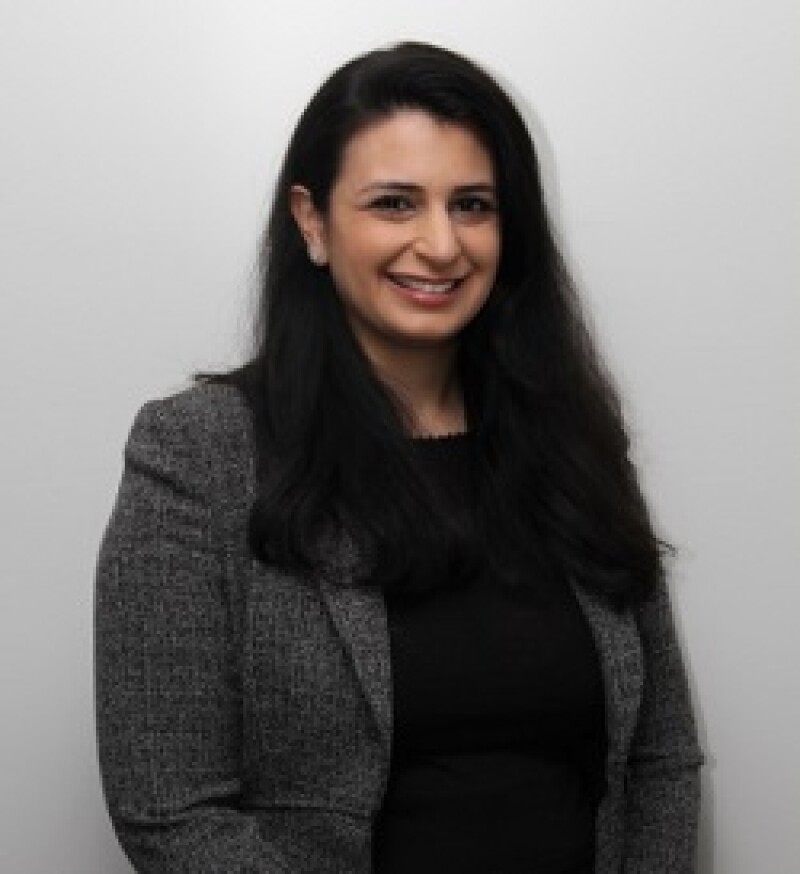
Maysa Razavi has a big job as INTA’s anticounterfeiting manager. She says the global impact of counterfeiting and piracy has grown to $461 billion this year, more than double the $200 billion in 2008. That represents about 2.5% of global trade.
“Counterfeiting is a problem that is growing and growing,” she says. “It is very hard for brand owners to manage the issue on their own, especially now that the sale of counterfeits has become so prevalent online. Counterfeiters can hide their identity online. They ship directly to the consumer and process payments directly on the Internet as well.”
Enforcing marks is difficult also because laws vary internationally and counterfeiting is often a multi-jurisdictional act. That is where associations such as INTA can help. Razavi works with an INTA committee of about 260 people worldwide, about 60 of which are brand owners.
“The way to tackle this issue is to build relationships with different organizations and government officials,” she says. “A big part of that is sharing information. That is something we have to do all together. Once we have all that information, something the anticounterfeiting world does well is talk to each other. But I don’t think something we do well is talking to the public. That is a tactic we want to use more, and we are looking at different partners to do that.”
As part of this, INTA launched the Unreal Campaign in 2012. This public awareness initiative educates teenagers aged 14 to 18 about the importance of trademarks and intellectual property and the dangers of counterfeit products. The campaign has reached more than 4,500 students directly so far through initiatives in Africa, Asia, Europe, Latin America and North America. The campaign aims at children both through social media and directly in schools. It recently held its first event in Canada, in Ottawa.
INTA has also developed some tools for members. In February it launched an SME anticounterfeiting toolkit for expanding your trademark into China. “While we were in the middle of that project the laws changed in China, so it was a labor of love to finally get it done,” says Razavi. “So we are really proud of that.” INTA also developed a series of webcasts training customs officials about brands.
INTA is involved in many events around anticounterfeiting. In February INTA participated in India’s Central Board of Excise and Customs’ Anti-Counterfeiting Conference. It is also doing a series of workshops on the roles and responsibilities of intermediaries in enforcing IP rights with the International Chamber of Commerce Business Action to Stop Counterfeiting and Piracy (BASCAP), the first of which was held in Singapore in March.
In April, INTA co-sponsored a workshop that took place in Tequila, Mexico, that brought together representatives of IP offices across Latin America to brainstorm ways to improve IP enforcement in the region. INTA will develop a repository to share best practices.
Contact details
Maysa Razavi, Esq.
Manager, Anticounterfeiting, New York
Tel: +1-212-642-1779
mrazavi@inta.org









